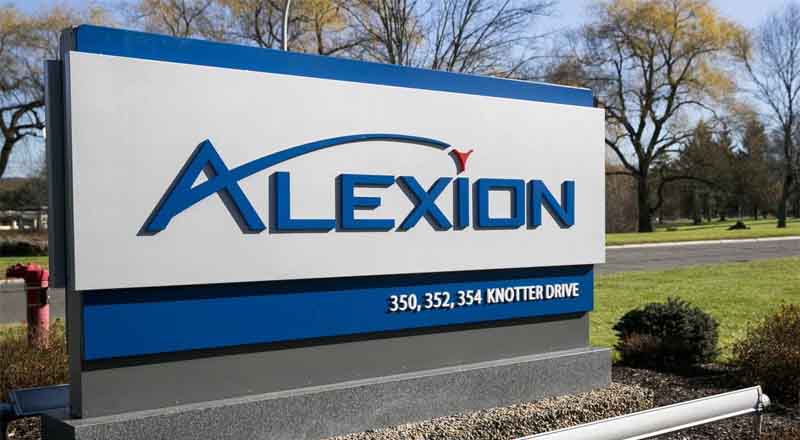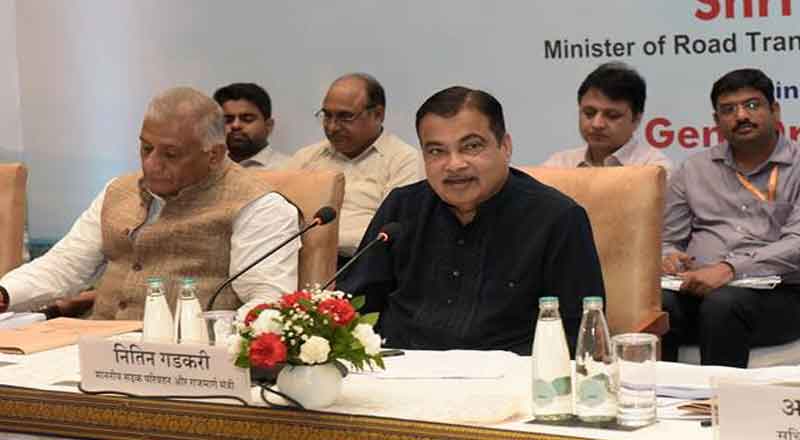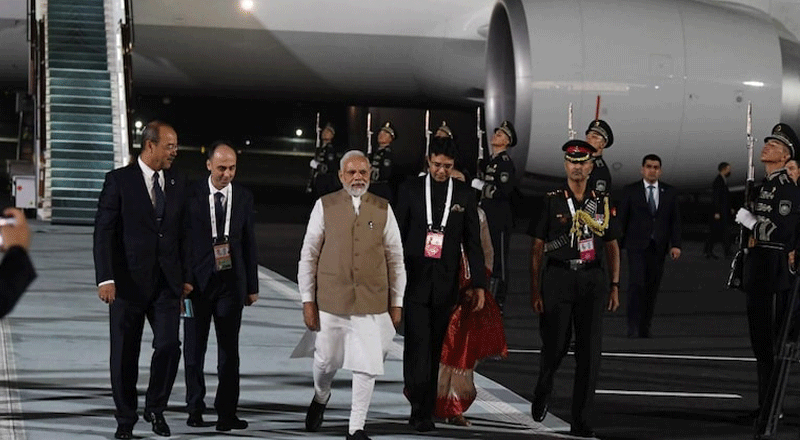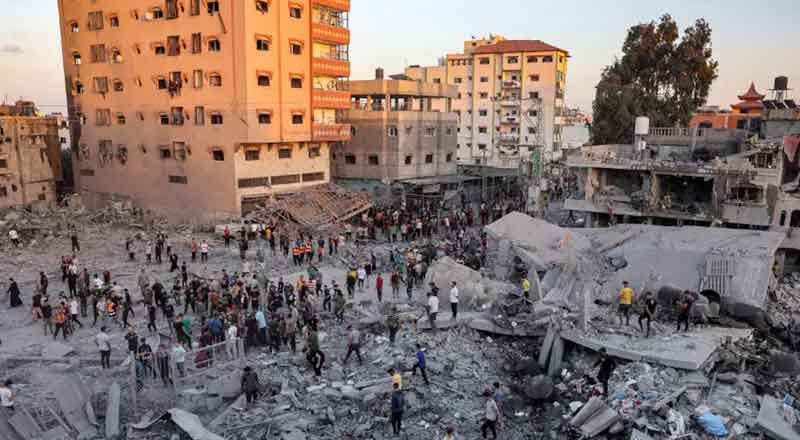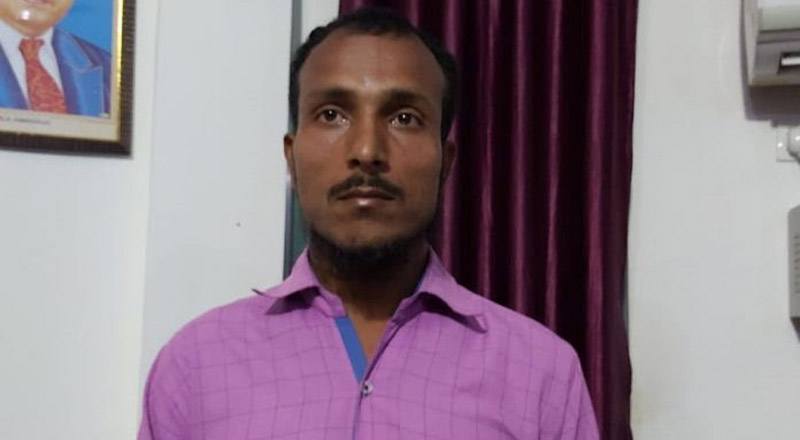Current News
Rahul Gandhi Granted Bail in Defamation...
Political controversy reignites over comments made during Bharat Jodo Yatra Leader of Opposition in the Lok Sabha, Rahul Gandhi, was granted bail on Thursday b...
IND vs ENG: BCCI Issues Injury Update on...
The Board of Control for Cricket in India (BCCI) has issued a key update regarding Rishabh Pant’s condition after the star wicketkeeper-batter suffered a...






























